The funeral in absentia (Janaza-Ghaib) of Tahir Habib, a former Pakistan Army soldier and Lashkar-e-Taiba (LeT) operative killed during Operation Mahadev in Jammu & Kashmir, was recently held in his native village of Khai Gala in Pakistan-occupied Kashmir (PoK), The Times of India reported. The event further reinforces evidence of Islamabad’s involvement in the April 22 Pahalgam terror attack, which left 26 civilians dead.
Visuals shared on Telegram show elderly residents of Khai Gala offering prayers for Tahir, who was one of the key operatives behind the Pahalgam massacre. The funeral adds to mounting proof that the attack was executed by terrorists from across the border, with clear interstate and cross-border links.
The gathering turned tense when local LeT commander Rizwan Hanif attempted to join the funeral, despite explicit objections from Tahir’s family. A heated confrontation followed, highlighting growing friction even within militant circles.
Tahir, classified as a Category ‘A’ terrorist, had long been on the radar of Indian security agencies for his involvement in cross-border militancy. His killing, along with two others in Srinagar last week, marked a major breakthrough for Indian forces.
According to a local source, Lashkar operatives even threatened mourners at gunpoint, triggering outrage in the village. “People here have long been uneasy about radicalisation. After this incident, Khai Gala residents are planning a public boycott against terror recruitment,” the source said.
This incident not only reaffirms Pakistan’s direct hand in the Pahalgam attack, but also reflects a growing resistance in POK against Pakistan’s terror machinery. It also signals the far-reaching impact of Operation Sindoor, India’s counter-offensive launched in response to the April 22 strike.
Quick Reads
View AllOn April 22, Pakistan-backed and trained terrorists opened fire on tourists in Pahalgam, a popular destination in Jammu and Kashmir, killing 26 civilians in one of the deadliest attacks in the Valley in recent years.
Pakistan has long been accused of using terror as an instrument of state policy. Groups like Lashkar-e-Taiba and Jaish-e-Mohammed, backed by Islamabad, have repeatedly targeted civilians in Kashmir and beyond.


)
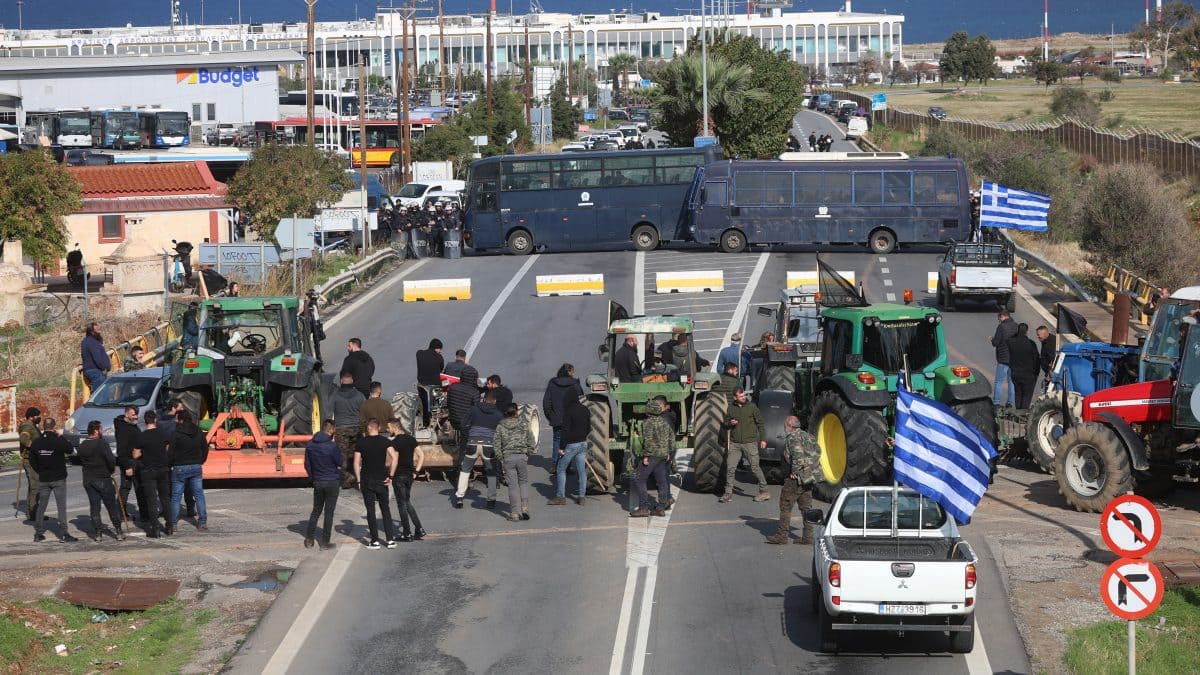
)
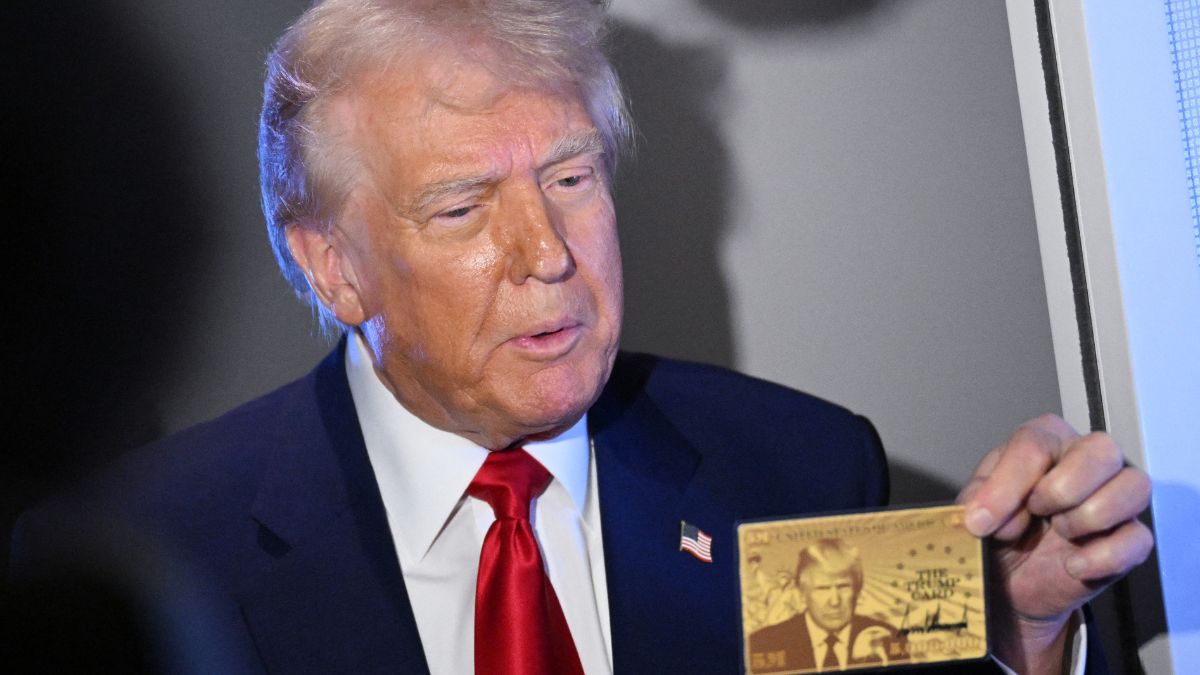)
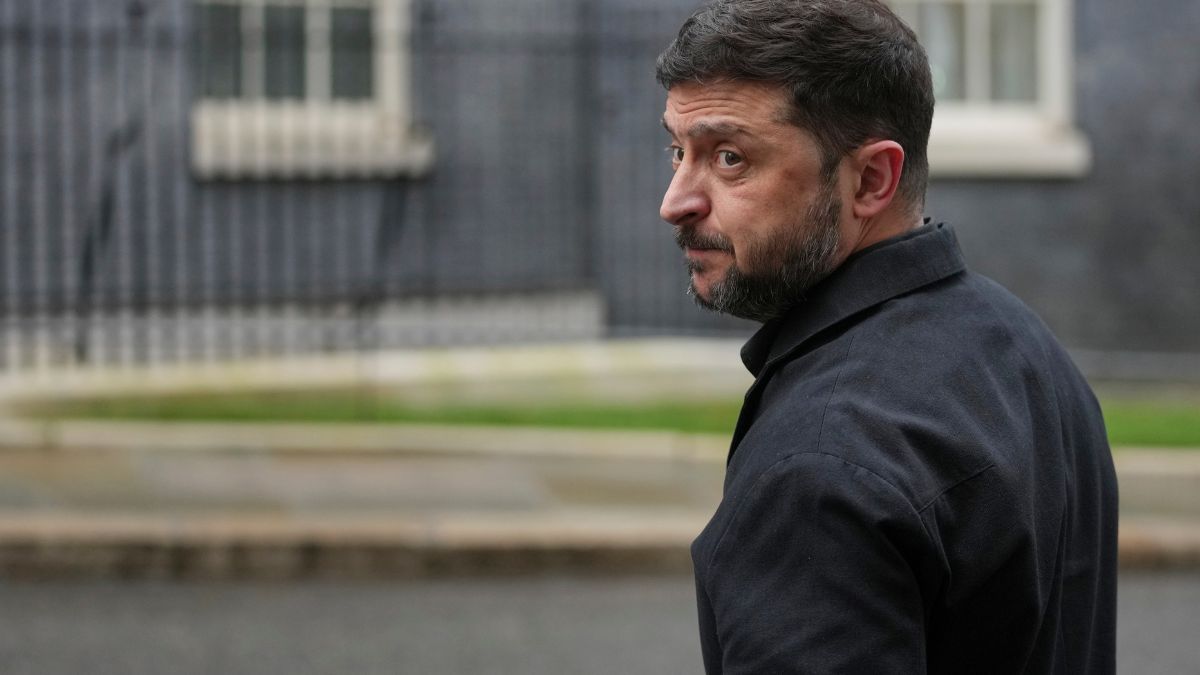)
)
)
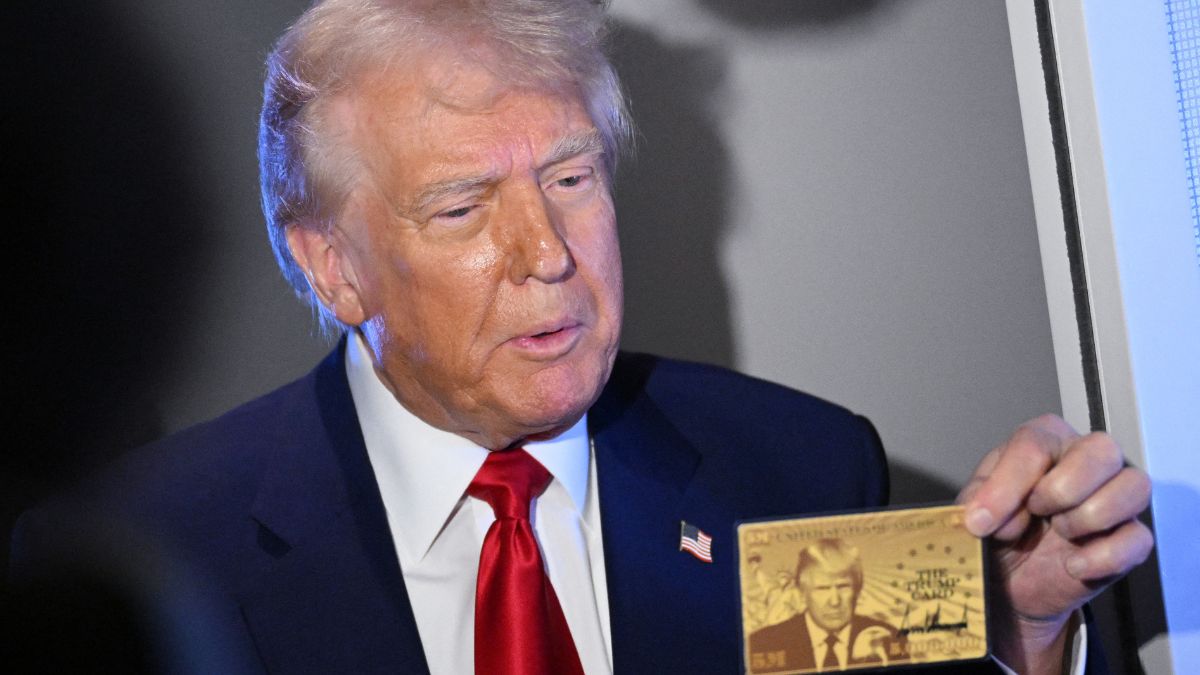)
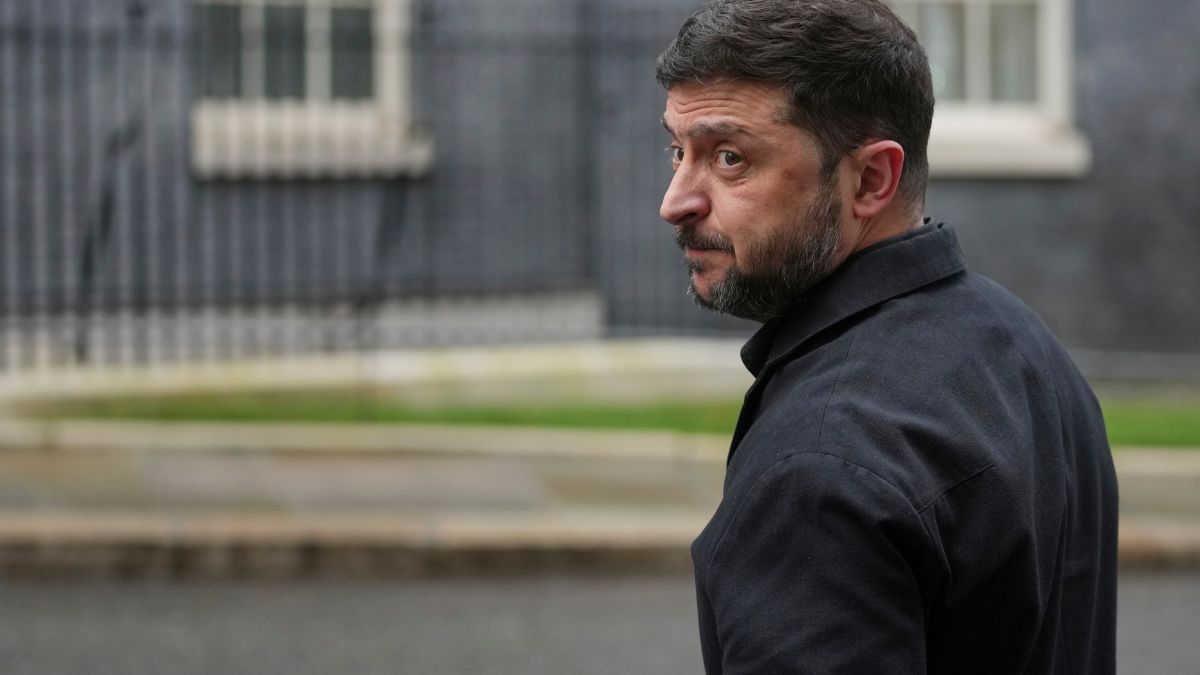)
)



